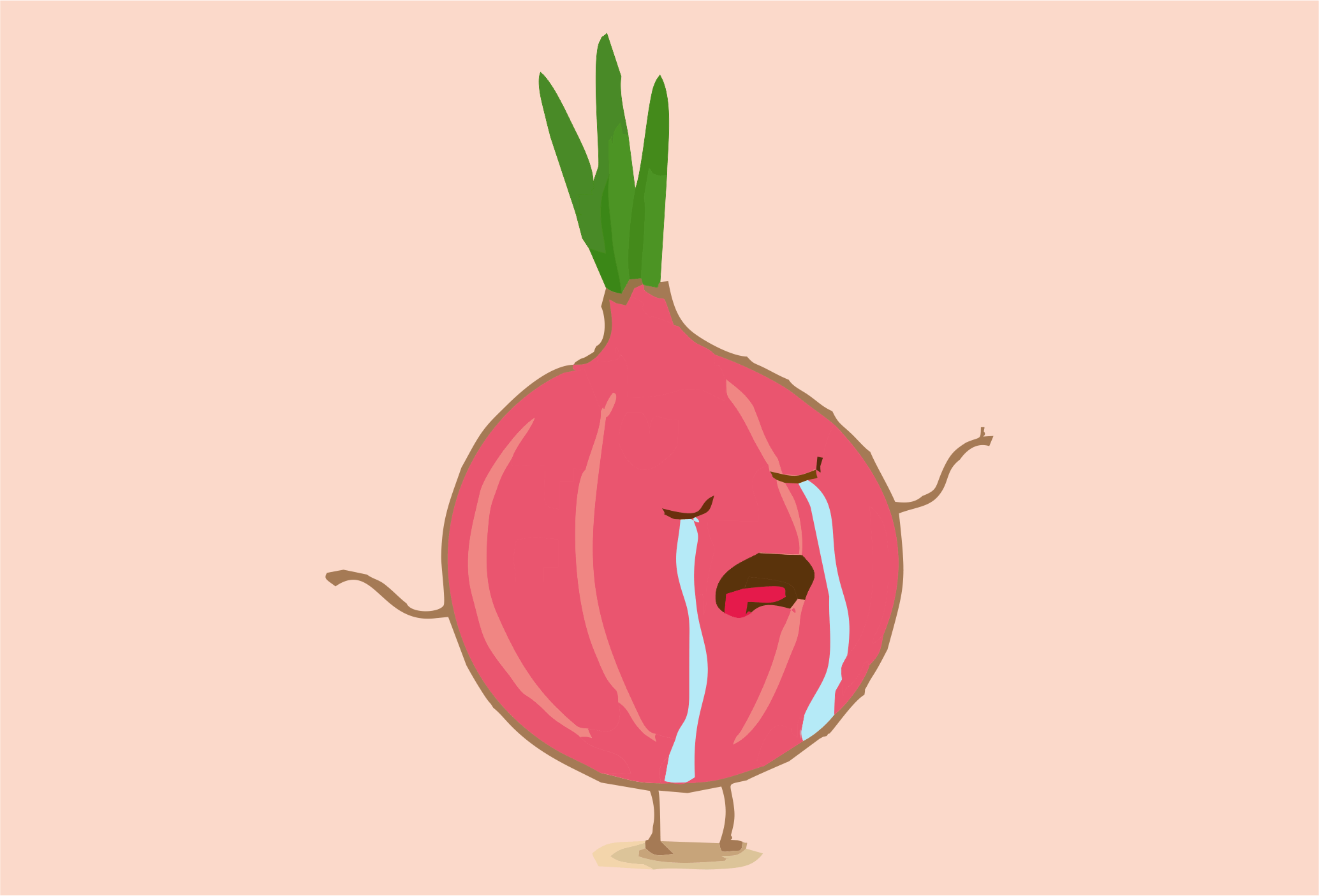In an attempt to control the spiralling onion prices the government banned the export of all varieties of onions on September 29 with immediate effect. The government also imposed limits on the storage of onions. It will be a crime now to store more than 100 kilograms of onions for any retail trader. A few weeks ago, the government also set the minimum export price of onion at $850 per tonne (about ₹60 per kilogram), to discourage foreign buyers of Indian onions.
The immediate policy measures were undertaken to control the price of onions by increasing the domestic supply. One wonders why instead of focusing on the economy, the government would put all its energy in commanding the price of the humble onion. Another important question to ponder upon is why would the government work against the farmers? Given that it has promised to double agricultural income by 2022, one would think the government would allow farmers to sell their produce at the best prices.
This is not the first time the government has tried to control the price of the bulb. In fact, such knee-jerk reactions have become a cycle all too familiar to us. Onion prices go up towards the end of the monsoon season due to a supply shortage, often led by excessive rains in onion-growing parts. The price increases and the government bans exports and regulates the storage, transportation, and pricing to please voters. Over the next few weeks, prices stabilise. New supplies come to the market, and the prices fall again. Then farmers ask for government support and assistance. Afterward, the government eases restrictions and we wait for another season of the same cycle.
What is needed is for the government to get out of this cycle and remove restrictions on modern storage facilities, right now the process of opening a warehouse is too cumbersome. Numerous regulations by the Warehousing Development and Regulatory Authority increase the cost of opening a new warehouse. They also have to compulsorily issue electronic receipts that could be traded on the markets as per a 2017 regulation. Obviously, farmers are unable to open and operate a storage facility in such a scenario.
If these restrictions are eased, farmers will be able to store onions when they are in excess supplies and then sell when prices are higher. This way, before the prices go through the roof, there will be a sufficient supply of the commodity to keep them in check.
The latest ban is another move by the government against the farmers. In any activity related to farming, the government intervenes excessively, making things worse. From tilling the soil to selling the produce, farmers have to go through dozens of interventions. And ultimately, when by sheer luck farmers get an opportunity to earn a little due to high prices of a commodity, the government puts all its energy to make sure that they cannot profit.
If we really want to double farm incomes, we must learn to let the markets work for farmers.
Post Disclaimer
The opinions expressed in this essay are those of the authors. They do not purport to reflect the opinions or views of CCS.




